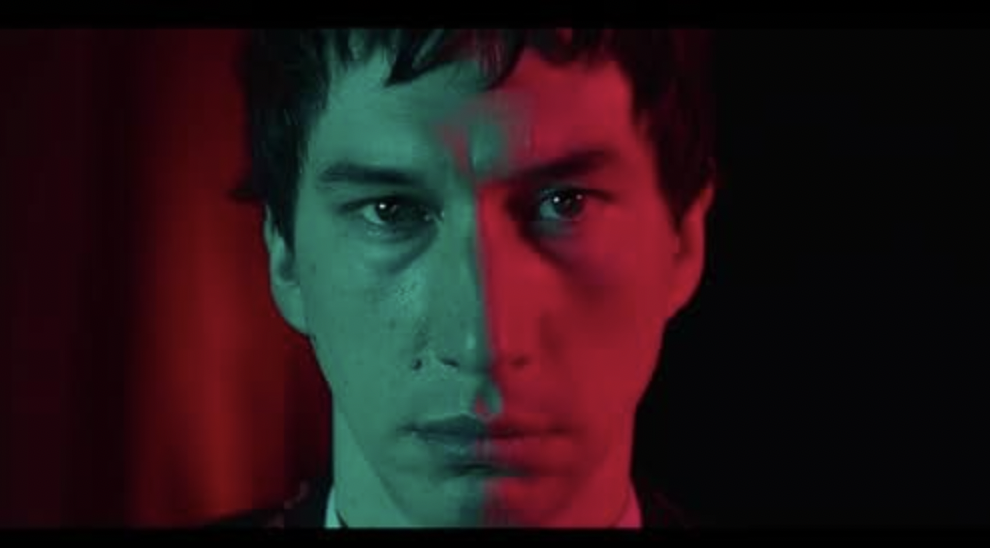“Megalopolis” might be one of the most vapid, overinflated passion projects of the past 20 years. And “Avatar” came out in 2009. This is a shame, because Francis Ford Coppola is an excellent director; the “Godfather” trilogy is exceptional (setting aside the third installment) and this movie was marketed as his magnum opus. The movie cost 120 million USD to make, and as of October 21st, it has only made 11.5 million USD of that back.
The movie follows the architect and rich heir Cesar Catalina (Adam Driver) trying to design a utopia based on a new material, Megalon, battling the theoretically corrupt New Rome mayor Franklyn Cicero (Giancarlo Esposito). Catalina, the stereotypical antisocial savant, sees the corrupt world around him, and the movie tries to make a case for visionary ideas in the face of crisis. The key word in that sentence is “tries.”
Catalina is the head of an almost-mythical “Design Authority,” which for some reason is directly capable of challenging the mayor of New York City. The worldbuilding is weak; outside the aesthetics, there is no inclination to flesh out the different dynamics between New Rome and our civilization. This relates to the nonsensical nature of the central wonder material of Megalon. It is never explained, and the building and designing of his “utopia” is never shown on-screen; the final reveal deflates the entire premise of the movie. Coppola’s ultimate vision of heaven on Earth (that will somehow solve humanity’s problems) is a glowing house and moving walkways.
With the price tag on the project, you’d expect it to look exceptional. It does; at points. I really enjoy the city shots for a technologically-advanced gilded age New York, and the opening scene is done very well. At other moments, you can tell green screen was utilized, and it looks so cheap. At one point, Julia is just superimposed over a glowing background. I think I could do a better job with a green screen and someone in Mr. Northrop’s Film Studies.
When it comes to the acting, there are a few standouts that round out a generally unimpressive performance. Nathalie Emmanuel’s Julia Cicero (the main love interest) fell flat in both her performance and writing. She plays the entire movie completely straight, lacking any real emotional investment. The most we get from her character is seeing her look concerned. I also think it can be criticized that she has no real character outside of supporting Catalina; for the amount of screen time, she is woefully underdeveloped and would not in any way pass the Bechdel Test.
Adam Driver has about two emotions in this film; in pain, and disgruntled. If I were him, I would not have let this movie be released; there are a few genuinely odd shots that made me wonder what the filmmakers were thinking. They angle the camera upward from below, and he looks down at the camera, creating an appearance of multiple double chins.
Catalina gives me no reason to root for him, no reason to care—I kept waiting for the other shoe to drop that would make him the villain, which would make the movie somewhat interesting. Yet he is the straightforward protagonist with little room for moral ambiguity; he succeeds in not only executing his vision, but is rewarded with a family and great success.
Shia LaBeouf’s Clodio and Aubrey Plaza’s Wow Platinum (yes, that is her name) are the bright spots in the project. LaBoeuf plays the role of the clown well throughout the film, and brings an off-putting charm to the role. Plaza is exceptional—the deadpan villain had her moments, and she did a lot with the lackluster script.
I think my major gripe, though, is the preaching of the entire movie. It somehow champions improvement and advancement for the masses through key scenes and dialog, yet the narrative conspicuously omits any of the working class in, in fact, anything. I didn’t feel compelled to care, mostly because the content of the movie consisted of rich people, running around and grandstanding about the “fate of humanity.” Especially since the flaws have not been presented and the lives of the bourgeoisie are so well-designed, this emergency feels purely theoretical. Coppola seems to be aiming to create a piece of media that is as much substance as ideology, but any cohesive idea is conspicuously absent. The only doctrine the movie seems to actively champion is that of exceptionalism, and that may be my issue; there is no substantial shift in the status quo pushed for or given at the resolution, which makes the movie completely boneless. There are no stakes in any way.
This brings me to the deeply flawed “current” political commentary. The film attempts to bring in January 6th imagery, throwing out jarring swastikas and confederate flags that seem to have no intention other than to provoke; but there is no real explanation for this act of political violence. At best, the film posits that the masses are controlled by the richest segments; but the lack of cohesion with which this “radical group” is given makes it hard to anchor this point to anything in the film. The rabble-rousers are compared to January 6th riots, and then have chants that evoke Black Lives Matter. They are also described as immigrants later in the film, leaving the viewer to wonder what, if anything, we were supposed to take from this.
At the movie’s end, we are left with the stark image of masses kept out of Megalopolis, pushing against the walls as riots explode. There is nothing new presented in this film, nothing visionary; the world starts off deeply flawed, and ends with a picture of perfection where the flaws and issues are kept out. At best, it’s a power fantasy by Coppola, a vision of history dictated through the actions of great men.










